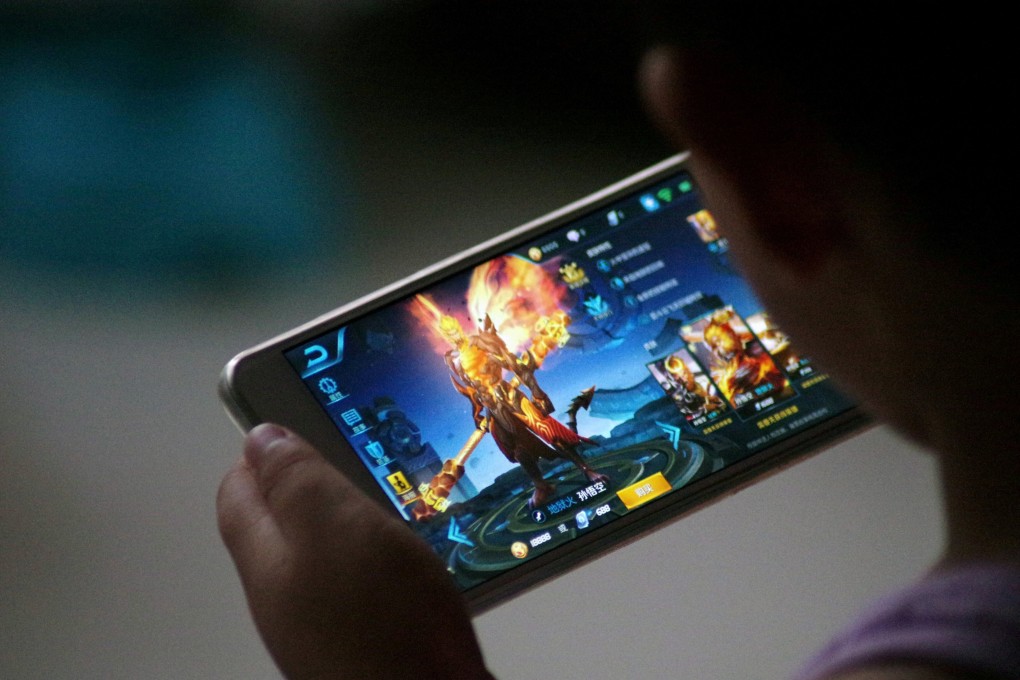Tencent, NetEase among gaming giants rushing to comply with Beijing’s three-hour weekly time restriction for kids
- Tencent rolled out an update to Honour of Kings to comply with the new rule, while its esports arm TJ Sports said it would overhaul its tournaments
- At least 41 Chinese game developers have publicly supported the new rule limiting kids to playing video games for just three hours a week, says industry body

The state-backed China Game Publishers Association Publications Committee said in a statement on Tuesday that at least 41 Chinese game developers, including the country’s biggest ones, have made public statements to support the policy.
Matthew Kanterman, a senior analyst at Bloomberg Intelligence, said the latest restrictions placed on the industry had been “harsher than expected” though their impact was less severe than the crackdown in 2018 when Beijing halted the approval process for new games entering the country for nearly nine months.
“Tencent, NetEase and Chinese online games peers may face less regulatory pressure and impacts than in the 2018 crackdown … although the play-time restrictions for minors are harsher than the industry hoped, game companies have been addressing concerns with systems which can be quickly rolled out for modestly higher compliance costs,” Kanterman said.